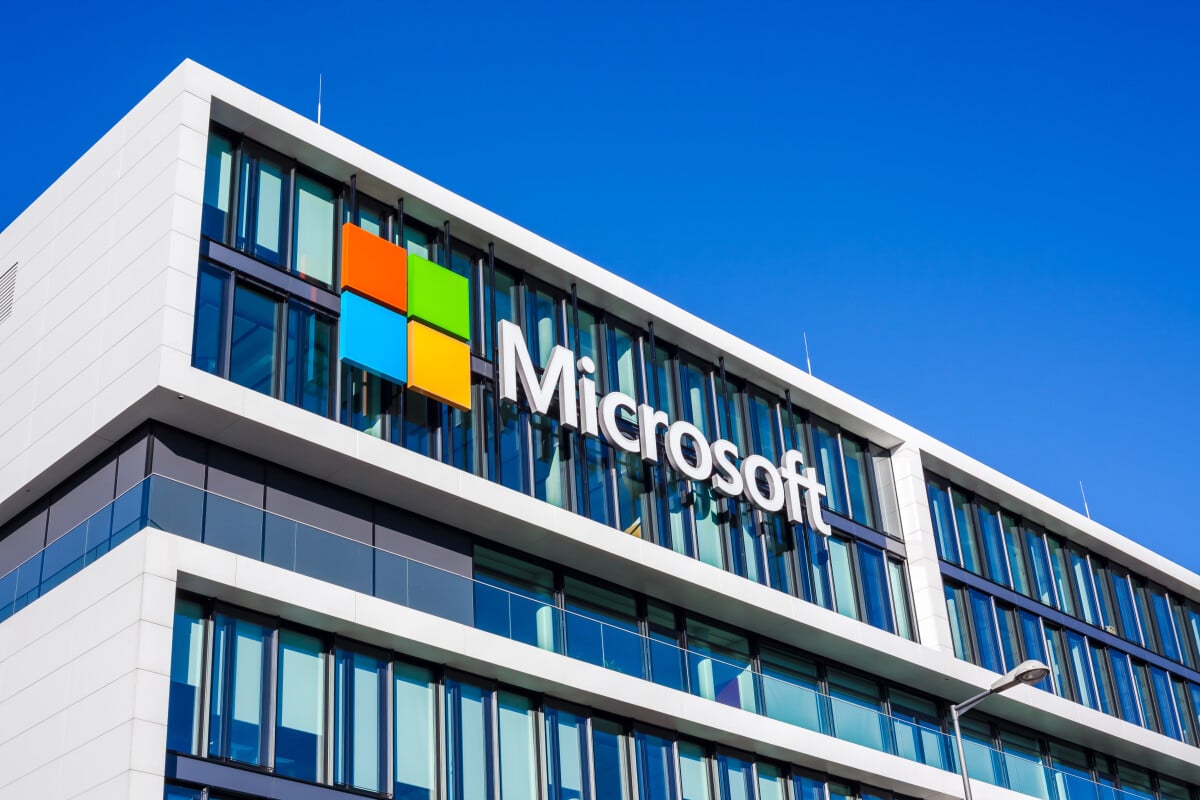The Big List: Retail Revolution with Cryptocurrency – Retailers Embracing Digital Payments

There are many retailers accepting cryptocurrency as a form of payment and realizing how important it is to attract and tap into a more tech-savvy client base.
Some would argue that the end of fiat currencies is nigh, and eventually, fiat will be replaced by digital currencies. If we already have a fiat payment system why change this and what are the advantages of using digital currencies for retail transactions?
Data from Deloitte reported roughly 2,352 US businesses accepted Bitcoin in late 2022, and that doesn’t include Bitcoin ATMs. An increasing number of companies worldwide are using Bitcoin and other crypto and digital assets for a host of investment, operational, and transactional purposes.
Benefits of Using Cryptocurrency in Retail
Using digital currencies for transactions offers several advantages such as speed. Digital currency transactions can be completed instantly or in a matter of seconds, compared to traditional banking systems which can take days.
Digital currencies can reduce or eliminate the need for intermediaries, leading to lower transaction fees for retailers. Cryptocurrencies operate on a decentralized platform, making international transactions smoother without the need for currency conversion.
Then there is the issue of security – blockchain technology, which underpins many digital currencies allows for enhanced security features. This in turn can protect both retailers and customers from fraud and unauthorized transactions.
Another factor is reduced fraud risks. The immutable nature of blockchain ensures that once a transaction is recorded, it cannot be altered, reducing the risk of chargebacks and fraudulent activities.
Financial Inclusion
For the underprivileged cryptocurrency has the potential to foster financial inclusion and improve access to financial services especially those in developing countries. Financial inclusion is important and digital currencies can provide banking services to the unbanked or underbanked populations, potentially expanding the customer base for retailers.
Through accepting digital payments retailers can offer innovative payment solutions, such as loyalty programs, or smart contract-based transactions using digital currencies.
Transparent Transactions
Every transaction on the blockchain is recorded transparently, allowing for greater accountability and trust between retailers and customers. This also cuts out the need for due diligence before a huge transaction. Digital transactions cut out the middlemen. Direct peer-to-peer transactions can eliminate the need for intermediaries like banks or payment processors, reducing costs and potential points of failure.
Retailers accepting Bitcoin
So who are the most notable and prominent retailers that have embraced digital currency payments?
-
- Microsoft: This American multinational technology corporation has been accepting Bitcoin for use in its online Xbox Store since 2014. However, the firm temporarily paused from accepting Bitcoin due to volatility in the market. Microsoft is once again accepting cryptocurrency strictly for the Xbox store credits.
- Starbucks: The coffee shop customers pay directly with Bitcoin thanks to a partnership with digital wallet provider Bakkt. In 2022, Starbucks unveiled Starbucks Odyssey becoming one of the first companies to integrate non-fungible tokens (NFTs) with a loyalty program.
- Tesla: SpaceX and Tesla CEO, Elon Musk has been open about his interest in Dogecoin. Tesla first began accepting crypto as a form of payment for its cars but discontinued the program soon after. However, Dogecoin is still accepting some Tesla Merchandise.
- Wholefoods: This grocery chain, owned by Amazon, has shown interest in cryptocurrency and there have been initiatives to enable crypto payments, although the rollout was still in progress as of my last update.
- Time Magazine: In 2019, TIME magazine first began accepting cryptocurrency as a form of payment for digital subscriptions through a new partnership with Crypto.com exchange.
- Virgin Galactic: The space tourism venture founded by Richard Branson, is accepting bitcoins as a form of payment for space tourists. Unfortunately, Virgin Galactic has been a loss-making business announcing job cuts and a pause in commercial flights in an effort to save cash.
- Overstock: The e-commerce home decor firm selling bedding and furniture accepts cryptocurrency as a form of payment. This was one of the earliest major retailers to accept Bitcoin as a method of payment.
How to Shop with Cryptocurrency
To begin shopping with cryptocurrency involves a few basic steps to ensure you have the necessary tools and knowledge to make secure transactions. Here’s a brief guide on how to get started:
First of all, choose a wallet. Before you can shop with cryptocurrency, you’ll need a digital wallet to store your crypto assets. Wallets come in various forms: you can either choose a software wallet which involves an application or software installed on your computer or mobile device. The other option is a hardware wallet.
This is a physical device that stores your cryptocurrency offline, offering increased security. Online wallets are web-based services that store your crypto assets on the cloud. However, these are considered less secure than hardware or software wallets.
Acquiring Crypto
The next step is to acquire Cryptocurrency: To start shopping, you’ll need to acquire some cryptocurrency. This can be done by using exchanges. Platforms such as Coinbase, Binance, or Kraken allow you to buy cryptocurrencies using traditional currencies (like USD, EUR, etc.).
There is the Peer-to-Peer option. This allows you to buy from individuals through platforms like LocalBitcoins or through decentralized exchanges. There are also crypto ATMs: In some locations, cryptocurrency ATMs allow you to purchase crypto using cash.
Next, choose a retailer that accepts cryptocurrency as a form of payment. Not all retailers accept cryptocurrency. Look for online platforms or physical stores that have integrated crypto payments. Some popular retailers or platforms include Overstock, Shopify merchants, and various independent online stores.
Making the Purchase
Once you’ve selected a product or service from a retailer that accepts cryptocurrency. Next comes the fun part: Choose the cryptocurrency payment option. Enter the necessary details, which usually include the amount in crypto and a receiving address. Confirm the transaction from your wallet.
It’s important to monitor and manage your account. Always keep an eye on your cryptocurrency transactions. Ensure you’re sending funds to the correct address and are aware of any associated fees.
Stay Informed
The world of cryptocurrency is dynamic and fast-moving. Stay updated on the latest developments, security best practices, and changes in regulations.
Remember, while shopping with cryptocurrency can offer privacy, speed, and other benefits, it also comes with risks. Always prioritize security, ensure you’re dealing with reputable retailers, and be cautious of potential scams.




